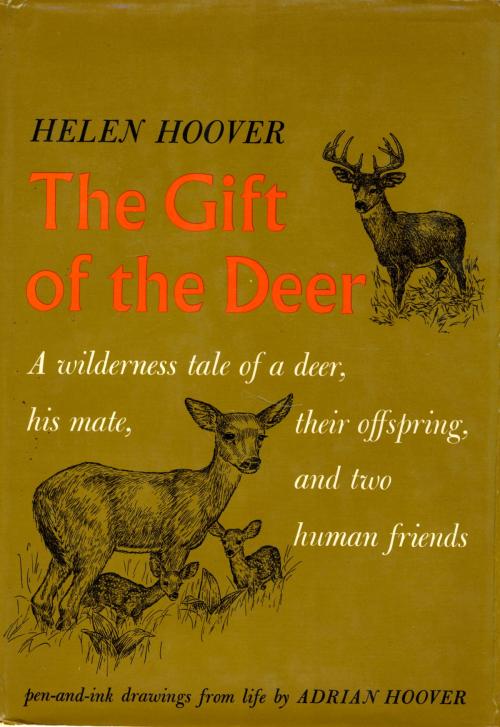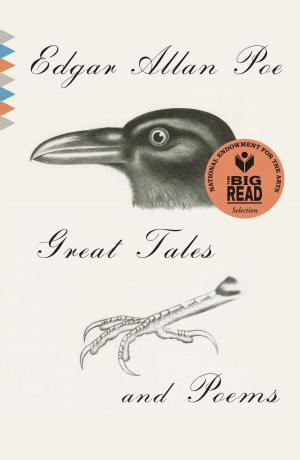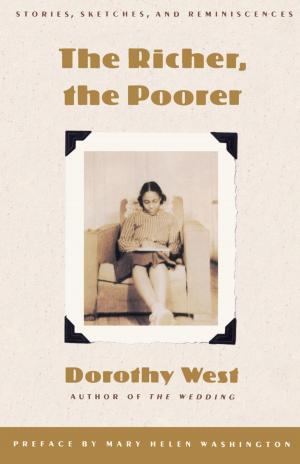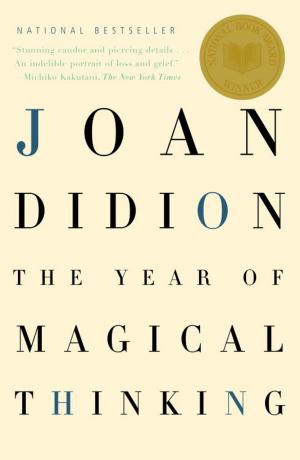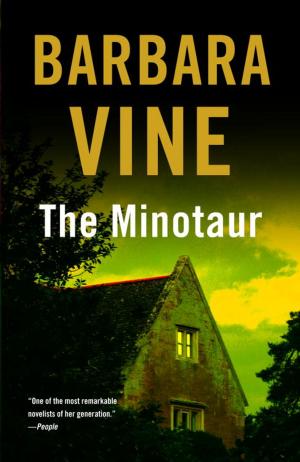| Author: | Helen Hoover | ISBN: | 9780307831354 |
| Publisher: | Knopf Doubleday Publishing Group | Publication: | August 28, 2013 |
| Imprint: | Knopf | Language: | English |
| Author: | Helen Hoover |
| ISBN: | 9780307831354 |
| Publisher: | Knopf Doubleday Publishing Group |
| Publication: | August 28, 2013 |
| Imprint: | Knopf |
| Language: | English |
In the farthest wilds of northeastern Minnesota, back in the Gunflint Range, the author of this book and her artist-husband have a two-room cabin home in the bush country. Beginning one Christmas Day when they first watched the starving deer they later named Peter, the Hoovers had many opportunities, a passionate inclination, and the nature skills to observe this whitetail buck—joined later by his mate, and finally by several of their offspring—through the changing seasons of four years. Close as their relationship was to the generations of beautiful animals, the Hoovers did not consider them pets but fellow inhabitants of that wild country. Their observations reveal the rewards of living close to wild creatures; but more than that, they add valuable information to our knowledge of the cycle of life of the deer and other creatures native to the same world. For although the deer are the chief characters of this book, they are by no means the only wild creatures Mrs. Hoover writes of. Her naturalist’s eye is just as sharp and her affection just as great for the antics of a curious chickadee or a flying squirrel. Mrs. Hoover’s identification with nature knows no favoritism.
The Hoovers’ world—the bush country of the United States-Canadian border—is farther removed from civilization than “Mr. Emerson’s woodlot,” but the close relationship of The Gift of the Deer to Walden is evident for all to enjoy.
Adrian Hoover’s drawings are from life, and they add another level of understanding to his wife’s vivid prose.
In the farthest wilds of northeastern Minnesota, back in the Gunflint Range, the author of this book and her artist-husband have a two-room cabin home in the bush country. Beginning one Christmas Day when they first watched the starving deer they later named Peter, the Hoovers had many opportunities, a passionate inclination, and the nature skills to observe this whitetail buck—joined later by his mate, and finally by several of their offspring—through the changing seasons of four years. Close as their relationship was to the generations of beautiful animals, the Hoovers did not consider them pets but fellow inhabitants of that wild country. Their observations reveal the rewards of living close to wild creatures; but more than that, they add valuable information to our knowledge of the cycle of life of the deer and other creatures native to the same world. For although the deer are the chief characters of this book, they are by no means the only wild creatures Mrs. Hoover writes of. Her naturalist’s eye is just as sharp and her affection just as great for the antics of a curious chickadee or a flying squirrel. Mrs. Hoover’s identification with nature knows no favoritism.
The Hoovers’ world—the bush country of the United States-Canadian border—is farther removed from civilization than “Mr. Emerson’s woodlot,” but the close relationship of The Gift of the Deer to Walden is evident for all to enjoy.
Adrian Hoover’s drawings are from life, and they add another level of understanding to his wife’s vivid prose.
